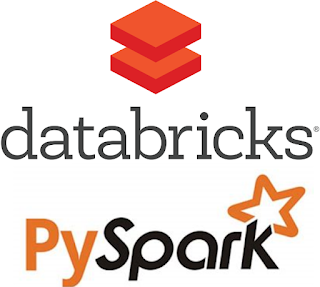Best ADB Training in Hyderabad
Azure Databricks is a cloud-based Apache Spark analytics and machine learning platform provided by Microsoft Azure. It combines the capabilities of Apache Spark with the flexibility and scalability of Azure cloud services to simplify big data processing and analytics tasks.
Here are some key features and concepts related to Azure Databricks:
Apache Spark: Azure Databricks is built on top of Apache Spark, an open-source distributed computing system. Spark provides a unified analytics engine that supports various data processing tasks, including batch processing, streaming, machine learning, and graph processing.
Collaborative environment: Azure Databricks provides a collaborative workspace where data engineers, data scientists, and analysts can work together on data-related projects. The workspace offers notebooks for writing and executing Spark code, as well as interactive data exploration and visualization capabilities.
Scalability and performance: With Azure Databricks, you can scale your Spark clusters up or down based on the workload requirements. This allows you to handle large datasets and complex analytics tasks efficiently. Databricks also optimizes Spark performance by leveraging the underlying Azure infrastructure.
Integration with Azure services: Azure Databricks seamlessly integrates with other Azure services, such as Azure Storage, Azure Data Lake Storage, Azure SQL Database, and Azure Machine Learning. This integration enables you to easily ingest data from various sources, store and process it efficiently, and integrate machine learning models into your workflows.
Security and compliance: Azure Databricks incorporates security measures to protect your data and comply with industry standards and regulations. It provides features like Azure Active Directory integration, role-based access control (RBAC), data encryption, and audit logs to ensure data privacy and governance.
Machine learning capabilities: Azure Databricks includes machine learning libraries and tools that allow data scientists to build and deploy machine learning models at scale. It supports popular libraries like TensorFlow, PyTorch, and scikit-learn, and provides features for model training, hyperparameter tuning, model deployment, and monitoring.
Streaming and real-time analytics: Azure Databricks supports real-time data processing and analytics through its integration with Apache Spark Streaming and Azure Event Hubs. You can ingest and process streaming data in real time, enabling applications such as fraud detection, IoT analytics, and real-time recommendations.
These are just a few highlights of Azure Databricks. The platform offers a wide range of capabilities and features to help organizations leverage big data and advanced analytics in a cloud environment.


Comments
Post a Comment